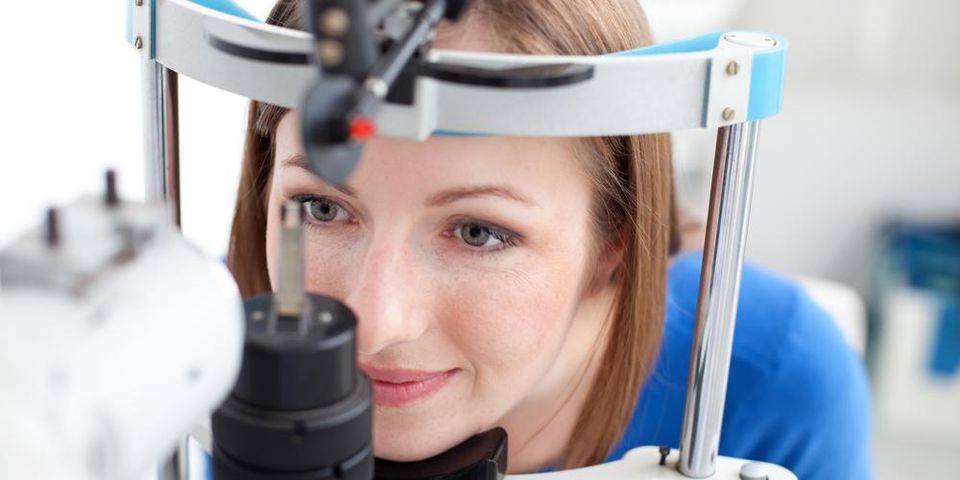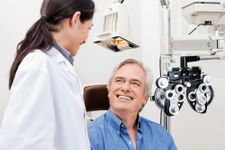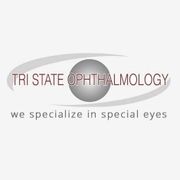
Ocular problems can develop due to aging, genetics, personal habits, and injury. That’s why it’s important to see your eye doctor on a regular basis. You need a professional to monitor your vision and identify minor issues before they become major problems. They’ll also let you know what steps you can take to optimize your eye health. The following are some of the most common issues affecting the eyes.
5 of the Most Common Ocular Problems
1. Cataracts
 As people age, they sometimes develop cataracts. These are a milky clouding in the lens of the eye. While some patients are able to manage them, others need eye surgery to address the issue. Without surgery, the cataract obscures their vision.
As people age, they sometimes develop cataracts. These are a milky clouding in the lens of the eye. While some patients are able to manage them, others need eye surgery to address the issue. Without surgery, the cataract obscures their vision.
2. Diabetic Retinopathy
Diabetics often have high blood sugar levels. Over time, too much blood sugar affects the blood vessels in their eyes, preventing them from receiving proper nutrients. Eye doctors usually treat this particular ocular problem with laser surgery.
3. Macular Degeneration
The macula is the part of the retina that perceives light. During macular degeneration, it breaks down and eventually leads to blindness. This condition is more common in elderly people, and requires constant monitoring to preserve a patient’s vision.
4. Glaucoma
Glaucoma is often an inherited condition in which a buildup of fluid in the eye results in excessive pressure, causing damage to the optic nerve. Depending on the severity of the condition, patients with glaucoma may need eye drops or eye surgery.
5. Dry Eyes
Some people’s tear glands don’t create enough fluid. The eyes need some degree of lubrication, otherwise they’re very uncomfortable. Patients with dry eyes generally treat them with eye drops.
To preserve your vision, schedule regular eye exams with a qualified specialist. Since 1963, the eye care professionals at Tri-State Ophthalmology have treated ocular problems in the Ashland, KY, area. Their experience allows them to provide effective treatment for a range of conditions. Contact them online to learn about becoming a patient, or call (606) 324-2451 for more information.
About the Business
Have a question? Ask the experts!
Send your question

